Top 100 Children’s Novels #61: Charlie and the Chocolate Factory by Roald Dahl
 #61 Charlie and the Chocolate Factory by Roald Dahl (1964)
#61 Charlie and the Chocolate Factory by Roald Dahl (1964)
34 points
An underdog named Charlie set loose in a magical chocolate factory with a bunch of selfish, spoiled kids just asking for some cosmic justice: now that’s my kind of story. Dahl is the master of the absurd detail, such as the fact that all four of Charlie’s elderly grandparents share one bed or that Charlie’s dad works in a factory where he screws the caps on tubes of toothpaste. And then there are the just desserts the author and Willie Wonka dream up for those awful children who visit the factory with Charlie. Veruca Salt alone out-means every mean girl anyone’s invented before or since! But ultimately, this book is about the dreamers of the world, whether the dream is a bar of chocolate, a golden ticket, or an entire, surreal candy-making paradise. – Kate Coombs
It’s rare for a children’s literature character to become a household name, and Willy Wonka is one of the few. But it isn’t just the eccentric chocolatier that has reverberated beyond the pages of Roald Dahl’s 1964 book. The golden ticket, the glass elevator, and, of course, the darkly comedic fates that befell each child are all part of the public consciousness. With imagery this rich and characters this lasting, it’s not surprising that Hollywood came calling not once, but twice. Final thought: Has there ever been a company in children’s literature that has gone on to become real? ‘Cause you can buy a Wonka Bar. – Travis Jonker
ADVERTISEMENT
ADVERTISEMENT
Previously at #19 (ouch!) it looks like Charlie has slipped a bit in the polls. A most peculiar turn of events in two years. Will other Dahls fare better or worse? Time will tell.
The plot from the book’s bookflap reads, “Charlie Bucket, our hero, is honest and kind, brave and true, and very, very hungry. And he can’t believe his luck when he finds the very last of Mr. Willy Wonka’s Golden Tickets inside his chocolate bar. He and four other children – Augustus Gloop, Veruca Salt, Violet Beauregarde, and Mike Teavee – have each won the chance to enter Willy Wonka’s famous, mysterious chocolate factory. What happens when the big factory doors swing open to reveal Mr. Wonka’s secrets? What happens when they come upon the tiny factory workers who sing in rhyme? What happens when, one by one, the children disobey Mr. Wonka’s orders?”
Some hints as to the origins of this book are easy to locate in Dahl’s own past. In the Fall 1998 edition of Biography: An Interdisciplinary Approach, author William Todd Schultz writes, “At age nine, Dahl attended school near a sweets shop whose emissions he happily sniffed. An adolescence spent in an otherwise dreary English Public School was at intervals partially redeemed by the nearby Cadbury Company. Dahl and his lucky classmates sometimes got to taste test experimental chocolates, rating them and writing out their reactions. Dahl liked to imagine himself working there, ‘and suddenly I would come up with something so absolutely unbearably delicious that I would grab it in my hand and go rushing along the corridor and right into the office of the great Mr. Cadbury himself,’ who after tasting Dahl’s discovery would then leap from his chair crying, ‘ ‘You got it! We’ll sweep the world with this one!’.” That story can be found in Dahl’s own book Boy: Tales of Childhood, by the way.
After writing it, Charlie and the Chocolate Factory became Dahl’s first real blockbuster hit, of course. Heck it sold out its first printing of 10,000 within a month.
And then there was the Oompa-Loompa problem. Grab ahold of a 1964 edition of this book and you’ll find it pretty different from the ones printed out today. After listening to some objections voiced from, amongst others, the NAACP, Dahl changed the Oompa-Loompas from black-skinned pygmies into short white guys of small stature. They now had “rosy-white” skin and “funny long hair” of the hue of “golden-brown”. Along with that, the Oompa-Loompas no longer come from Africa. Nope. “Loompaland” is now their fair home. Dahl made the changes himself, but it was the only thing he ever changed in this book.
Like all Dahl books it occasionally gets challenged or banned. However, fascinatingly enough you will not find it on the ALA’s 100 Most Frequently Challenged Books of 1990–2001. Nope. The only books you’ll find there by Dahl are The Witches and James and the Giant Peach (and if you’re baffled by its inclusion, it’s because the caterpillar says, “You silly ass” or something along those lines at one point).
Scholars also love dissecting this book. They can’t resist! It gets to point where you start hearing about writers that see the book “as a libidinal, aggressive, and wildly indulgent fantasy that masks its true vision of guilt and death, of oral greed and excrement, with the guiltless sweet assurance of Wonka’s chocolate factory .” Um . . . I might pass on that one, thanks.
It should surprise no one that Dahl was just as good at short horror stories for adults as he was short horrific tales for kids. “Lamb to the Slaughter” is probably his best known, but as a child my class had to read “The Landlady” in sixth grade. I was shocked to find my beloved author doing a bloody good murder tale. Being a fan of Agatha Christie at that time, I knew exactly what it meant when your tea tasted like almonds.
Fun Fact #1: There was a sequel called Charlie and the Great Glass Elevator.
Fun Fact #2: It was nowhere near as good as its predecessor. In fact, not a single person placed it on their Top 10 list for this poll. I remember as a child being far more disturbed by the aliens in Charlie 2 than anything that went on in that chocolate factory in Charlie 1.
ADVERTISEMENT
ADVERTISEMENT
Fun Fact #3: That doesn’t mean I didn’t want a third Charlie and Willy Wonka book. In fact, I was entirely shocked when I discovered there were only two. It seemed like a gross oversight. I mean, there was so much more story to tell!
- Dahl’s influence has spread near and far. For example, there’s quite a prominent band out there called Veruca Salt.
The New York Times said it was, “Fertile in invention, rich in humor, acutely observant, [Dahl] depicts fantastic characters who are recognizable as exaggerations of real types, and situations only slightly more absurd than those that happen daily, and he lets his imagination rip in fairyland.”
It was since turned into two movies. The first was given the strange name of “Willy Wonka and the Chocolate Factory” rather than “Charlie and the Chocolate Factory” because Quaker Oats, sponsoring the film, wanted to profit off of it by selling Wonka candy of its own. According to IMDB.com, Dahl originally wanted Spike Milligan to play Willy Wonka. All things considered (and I’m not a huge Spike Milligan fan) that would have been pretty faithful to the book. Joel Grey really would have been the MOST brilliant, since all you would have to do is slap a tiny goatee on him and he WOULD be WW. They eventually cast Gene Wilder, which was good since he’s the best darn thing about the film anyway. That and the music. Dahl, understandably, hated the movie. That’s why you haven’t seen any Willy Wonka animated television shows in your lifetime (yet).
When Tim Burton wanted to remake the movie we all thought that might be a good thing. He was going to use the original Dahl lyrics in the music, after all. We were thrilled . . . before we realized that Burton was going to give Wonka a tragic backstory. Backstory? Backstory. If Dahl though the first Wonka film was too much about the man in charge of the factory, imagine what he would have thought about #2. In a recent letter in Entertainment Weekly (only the finest periodicals for me) a reader pointed out something about Tim Burton that I never quite realized before. Said David Glassner of West Hollywood “To me, Tim Burton movies like Charlie and the Chocolate Factory and Planet of the Apes are nearly unwatchable. On the flip side, Edward Scissorhands and The Nightmare Before Christmas are timeless classics. Anyone else see the pattern? I’ll take Burton’s vision over his version any day!”
Filed under: Best Books, Top 100 Children's Novels (2012)
About Betsy Bird
Betsy Bird is currently the Collection Development Manager of the Evanston Public Library system and a former Materials Specialist for New York Public Library. She has served on Newbery, written for Horn Book, and has done other lovely little things that she'd love to tell you about but that she's sure you'd find more interesting to hear of in person. Her opinions are her own and do not reflect those of EPL, SLJ, or any of the other acronyms you might be able to name. Follow her on Twitter: @fuseeight.
ADVERTISEMENT
ADVERTISEMENT
SLJ Blog Network
One Star Review, Guess Who? (#202)
Exclusive: Giant Magical Otters Invade New Hex Vet Graphic Novel | News
Parsing Religion in Public Schools
Take Five: LGBTQIA+ Middle Grade Novels
ADVERTISEMENT



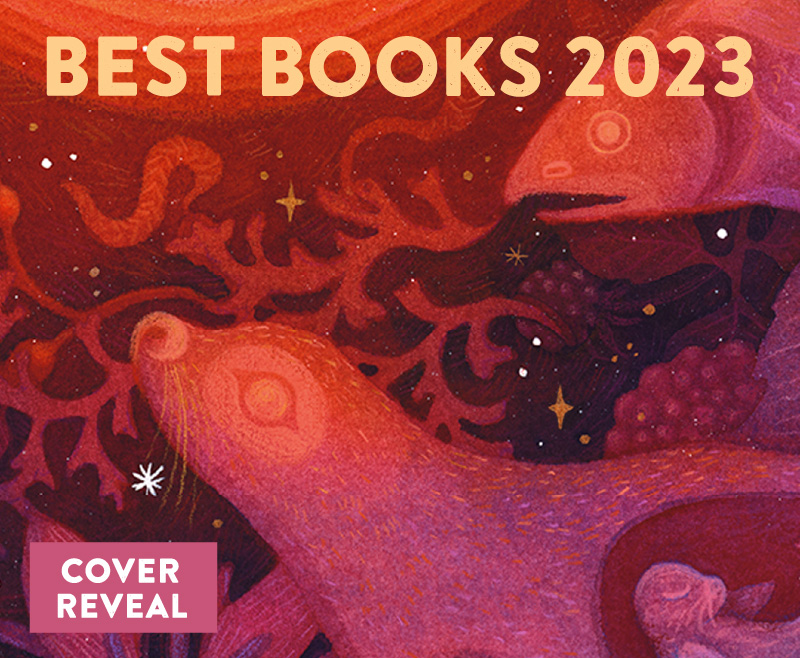
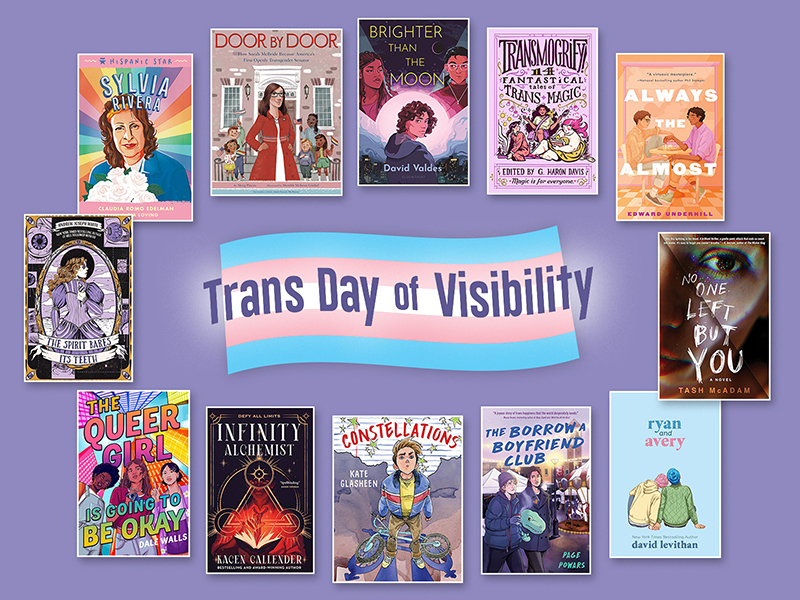
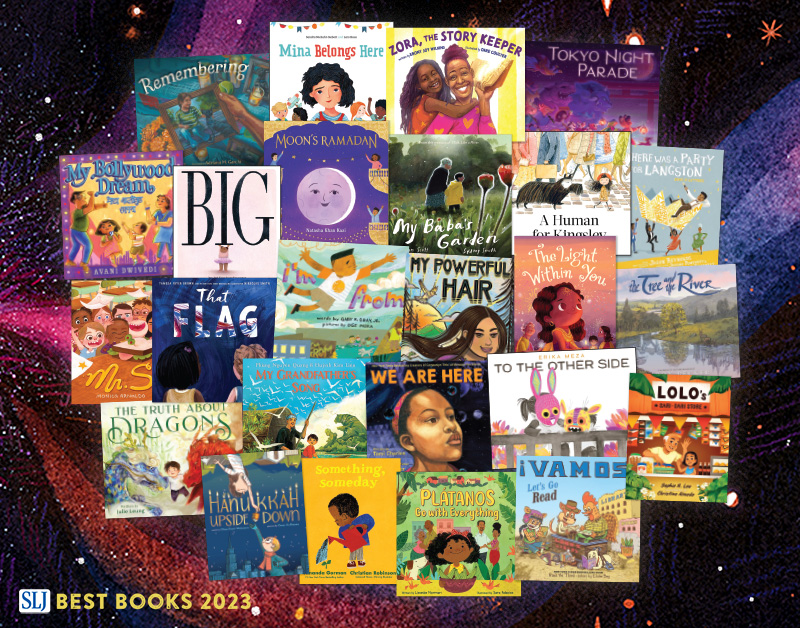
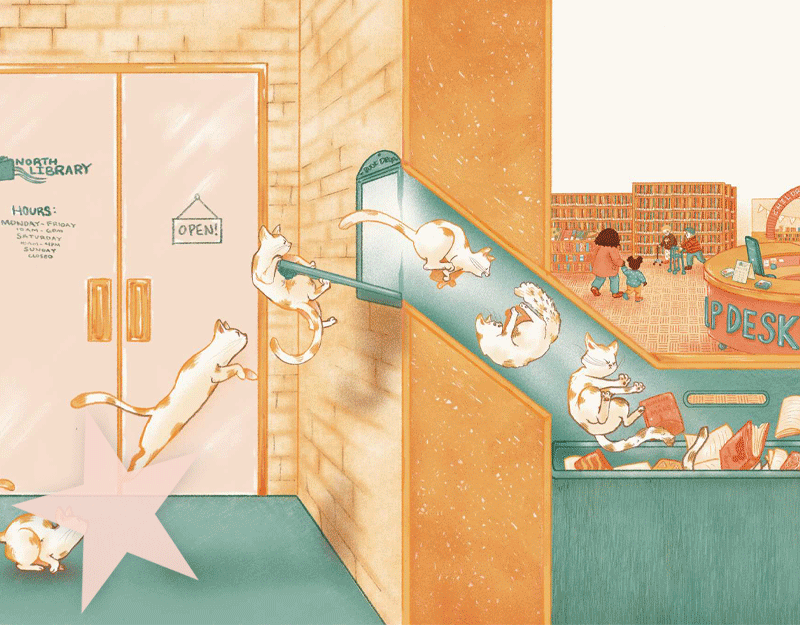
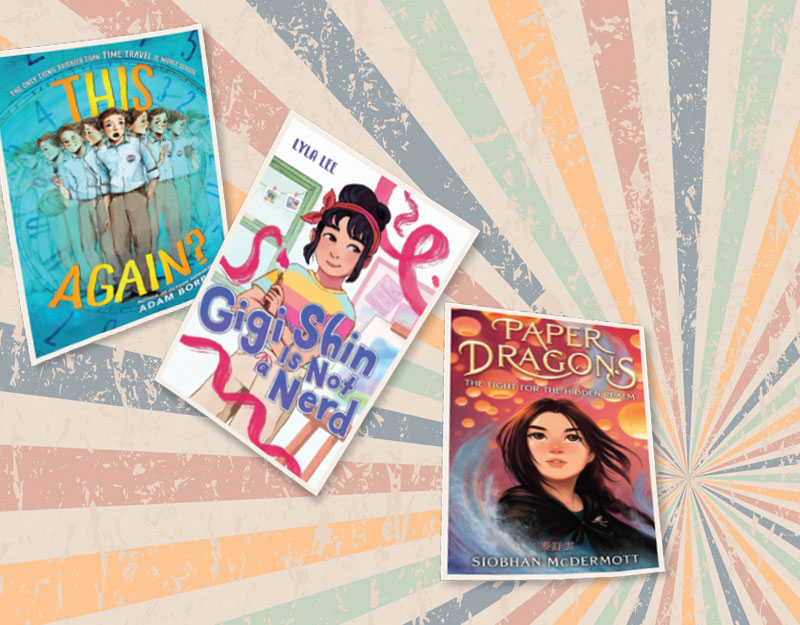
I am surprised this one was not higher. It also surprises me that this is not most people’s favorite Dahl book (I think overall Matilda gets that honor). This is my FAVORITE all-time book!
The other good thing about the original movie was the Veruca Salt – I thought she was just about perfect. And her song (“I Want the World”) was the only one I liked better than Dahl’s lyrics.
The new movie is mostly argh-producing, but the Augustus Gloop song was done very well.
Best thing about Great Glass Elevator: the name for the aliens. Nothing could be more perfect than Vermicious K’nids. That should be a band name too.
For a kid wanting something else like Charlie, would you give them Wendy Mass’s The Candymakers? My kiddo really liked the combination of mystery and candy factory / invention.
Mass could work. I’m personally fond of The Gollywhopper Games by Jody Feldman as a good Charlie readalike.
My 3rd grade teacher, Miss Kita, read this book to us. She also read us Charlotte’s Web. She was a brilliant and inspired woman.
One of my most cherished birthday gifts ever was a Puffin boxed set of the first six Roald Dahl books. I read most of them till they fell apart at the seams (Charlie & the great glass elevator remains largely intact – I was a bit afraid of those vermicious knids). I dislike the first movie on many levels but the inclusion of the fizzy lifting drink really kills it for me. It changes the whole essence of Charlie’s character (Grandpa Joe’s too).
You’re so right, Melissa. That whole thing was wrong. If that had happened, Charlie should have lost. CHARLIE didn’t cheat!